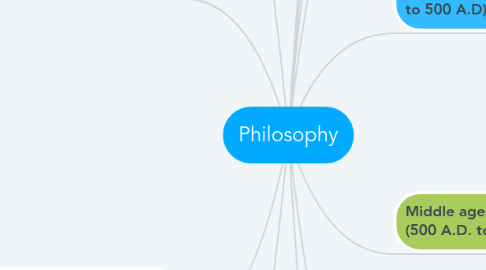
1. Poincare also brought the idea of 'convention' to the history of the philosophy of science
2. He believed that like matter exists in tiny packets called atoms, energy exists in tiny packets, which he called quanta.
3. Copernicus placed the sun at the center and assumed that the planets (including the earth) traveled around the sun.
4. LouisPasteur French chemists-scientist, one of the founder of microbiology and immunology . He developed a process called pasteurization
5. Alchemy who still experimented and made observations Alchemists mostly wanted to find a means by which lead (or some other inexpensive substances) could be transformed into gold (or some other precious substances).
6. Emergence of Science (600 B.C. to 500 A.D)
6.1. Anaximander explained that all life began in the sea
6.2. Anaximenes believed that air was the most basic substance in nature.
6.3. Leucippus believed that all matter is composed of little units called “atoms.”
6.4. Plato believed that humanity was born with an innate knowledge of everything
6.5. Aristotle believed that knowledge could only be gained by comparing it with what was already known and perceived.
6.6. Archimedes is best known for his work with liquids
6.7. Ptolemy studied the heavens and thought that the earth was at the center of the universe
7. Industrial Revolution (1735 A.D. to 1820 A.D.)
7.1. Laurent Lavoisier was busy studying chemical reactions
7.1.1. The Remaining Part of 19th Century (1820 A.D. to 1900 A.D.)
7.1.1.1. Charles R. Darwin The theory of evolution by natural selection
7.1.1.2. Gregor Mendel also during this period devoted much of his life to the study of reproduction
7.1.1.3. Christian Orsted showed that electricity and magnetism were related
7.1.1.4. Michael Faraday believed that electricity and magnetism were actually the result of a single process
7.1.1.5. Maxwell showed that electricity and magnetism are both different aspects of the same phenomenon, now called electromagnetism.
7.1.1.6. James Joule First Law of Thermodynamics, and it is the guiding principle in the study of energy
7.1.1.7. Lord Kelvin developed the absolute scale of temperature and discovered the Joule-Thomson effect
